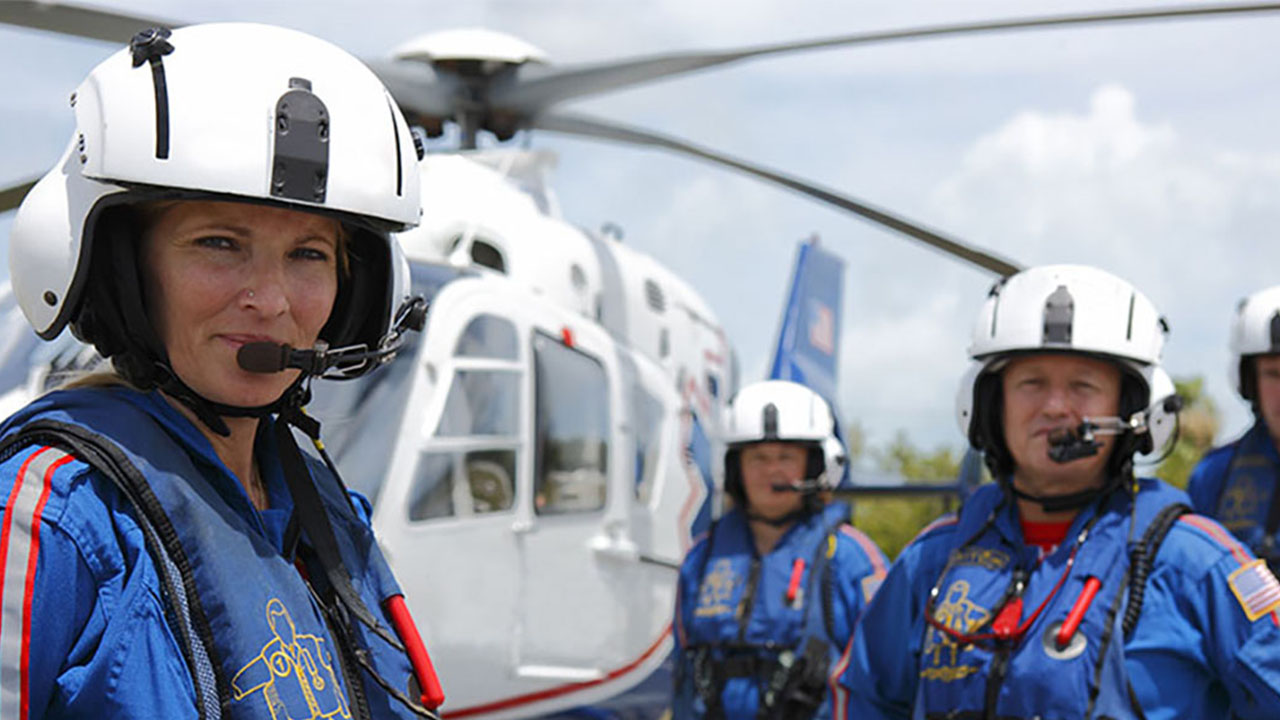When I first started flying
I was a real looker.
Not the physically attractive kind, the pseudo-stalker “watch you closely” kind.
Why?
Because I wanted to know.
I wanted to know everything there was to know about EMS and air medical. Everything that needed to happen for my career to blossom. Everything successful EMSers did before me.
The logic is simple.
Watch successful EMSers, air medical pilots and managers — and then do what they do.
A simple plan, but a good one. The problem is I didn’t understand what I was watching until years later.
So what did I learn? What did being a looker teach me?
EMS Managers Tell Stories
That’s it. That’s what I learned.
When I watched closely, that’s what I saw. Over. And over. And over…
Air medical managers would “appear” from corporate headquarters and tell one story after another.
Sadly, I was disappointed.
Why?
Because back then I didn’t get it.
When I watched air medical managers go on and on about flying, I thought their flying stories were about them. I was young and egotistical and figured since my flying stories were about me, it only made sense for manager stories to be about them. What else could they be about, right?
Wrong.
What I learned was their stories had a purpose. An important purpose I didn’t understand until years later.
Let me explain (with a story).
Here’s a snippet from the newsletter of Gary Halbert, perhaps the greatest copywriter who ever lived:
[feature_box style=”2″ only_advanced=”There%20are%20no%20title%20options%20for%20the%20choosen%20style” alignment=”center”]
A few days ago, after finishing my workout, I went to a small diner and ate three steak sandwiches. After that, I was overcome with the desire to hurt somebody. I mean bloody their nose, blacken their eyes and kick them in the balls.
You ever have that happen to you? You ever became enraged for no reason whatsoever? I decided it would be a good idea to pound on the young musclehead a few feet away from me in the diner. Then, it hit me. I suddenly realized that if I went after him, the bastard would probably fight back!
I hate that part. When they fight back. I’d truly kick a lot of ass if I could find a steady supply of people who wouldn’t fight back.
Oh well. My mood instantly evaporated. I gave the musclehead a friendly greeting, tipped the waitress and left the restaurant with no broken bones or bruises.
What was that all about? I really don’t know. I haven’t a clue why that sudden rage overcame me.
Plus, I don‘t have a clue why I’m writing about it.
[/feature_box]
Hilarious, right?
And here’s the shocker:
The story wasn’t for muscleheads or martial arts enthusiasts. It was written for executives and CEOs who subscribed to Gary’s marketing newsletter.
And yet he’s talking about wanting to pick a fight with random strangers!
There’s no moral to the story. No hidden teaching point.
The story doesn’t tie back to leadership principles or productivity or some point you would expect in a marketing newsletter.
But here’s the thing:
Most business executives are men. And most men with a decent supply of testosterone will relate to the occasional, random desire to jump up and start a fight for no reason. Fortunately, they change their minds, just like Gary did, but those feelings of anger and impotence don’t go away. Worse, most men don’t have the verbal skill or courage to talk about how they feel.
So, what happens when Gary tells a story describing exactly how they feel, putting it into words better than they ever could?
He makes them feel understood.
Down deep, I think the strongest desire all groups have is to find someone who deeply and truly understands their worldview and who can communicate better than they can. Doesn’t matter if they are flight nurses, firefighters or stay-at-home moms. If you can communicate the things they feel but cannot express, you own them. Forever.
And that’s what all the flying stories were about.
That’s the part I didn’t understand until now. EMS and air medical managers don’t tell stories for their own benefit. They tell stories to bond with other nurses, paramedics and pilots. They tell stories to build trust.
So what’s the point?
The point is you can do it too.
What have you experienced that your local EMS Flight Safety Network team has also experienced but cannot put into words?
Make a list of those stories. Make a point of telling them whenever you need to create a bond with local EMS, fire or air medical.
You already know the bond ties directly to your personal safety. The stronger the bond, the safer you’ll be.
That’s a great reason to tell stories!
Interested in more tips on how to be better in the sky or on the ground? Want special offers on one-of-a-kind gear?
Sign up for the All New Crew Newsletter here:
[shortcode-variables slug=”optin-form”]


